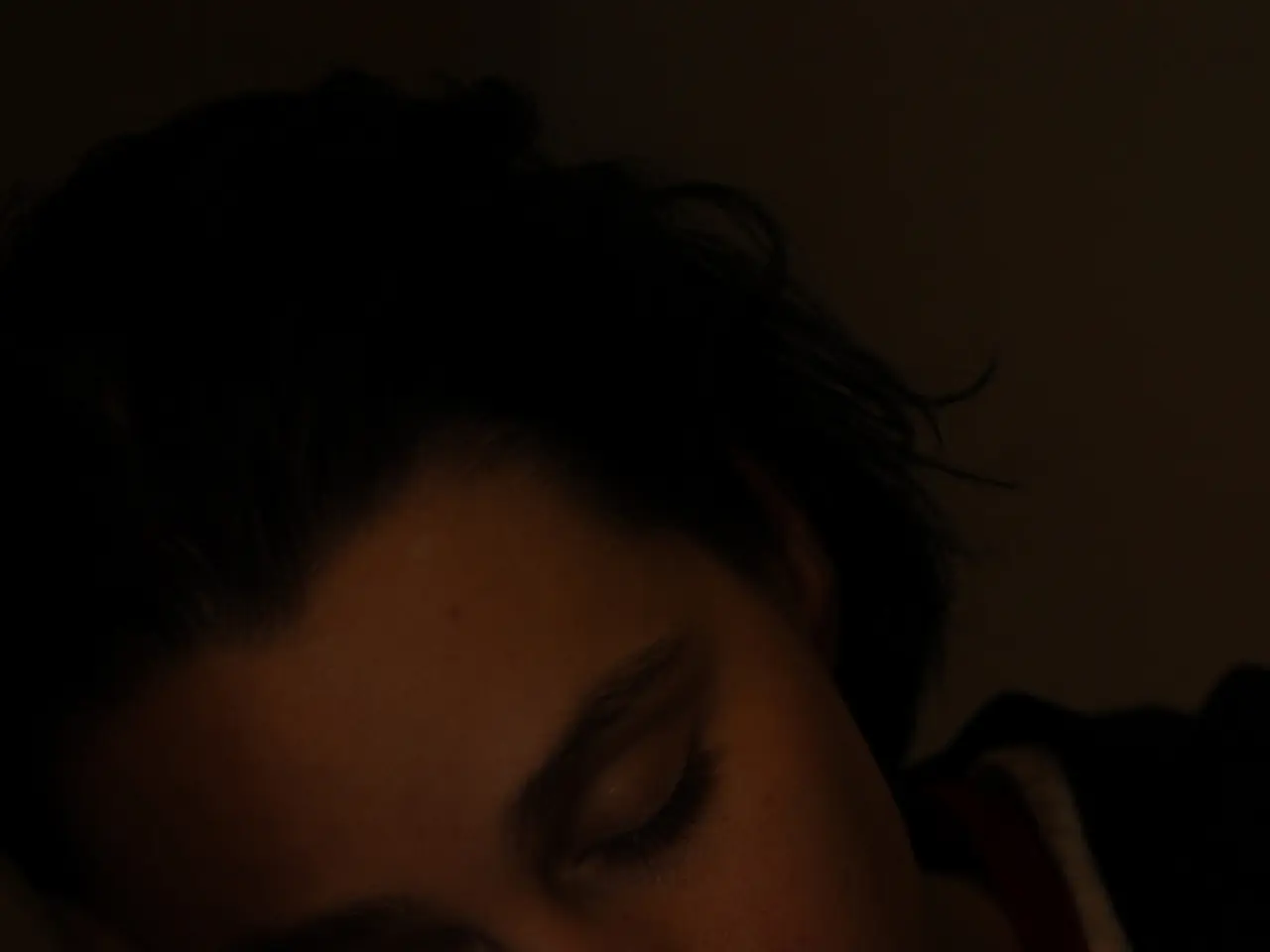Nighttime Seizures: Symptoms, Identification, and Management Strategies
Nocturnal seizures, also known as nighttime seizures, are a type of seizure that occurs during sleep or transition periods. These seizures can be alarming and disruptive, causing concern for both the affected individuals and their loved ones. Here's a detailed overview of the symptoms, causes, treatments, and their relation to epilepsy:
### Common Symptoms of Nocturnal Seizures
Nocturnal seizures can present with a variety of symptoms, some of which may go unnoticed during sleep. Common symptoms include:
- Convulsions or jerking movements during sleep - Sudden arousals with confusion or unusual behavior - Strange sensations or movements localized to parts of the body - Lapses in consciousness that may go unnoticed during sleep - Emotional disturbances or vocalizations during sleep - Post-seizure tiredness or headache upon waking
These symptoms may vary widely depending on the seizure type but often disrupt sleep and may lead to daytime fatigue or cognitive issues.
### Causes and Triggers
Nocturnal seizures are frequently caused by epilepsy, a neurological disorder characterized by recurrent seizures due to abnormal brain electrical activity. The causes of epileptic seizures, including nocturnal ones, include congenital brain abnormalities, hereditary factors, brain infections, brain tumors, brain injuries or accidents, vascular issues, dementia or brain degeneration related to age, sleep deprivation and disrupted sleep patterns, stress, missing anti-seizure medications, hormonal changes, alcohol and recreational drug use, and more.
Sleep deprivation and irregular sleep are especially notable triggers for nocturnal seizures since they impact brain electrical activity during sleep-wake transitions.
### Relation to Epilepsy
Epilepsy is diagnosed when a person has recurrent seizures. Nocturnal seizures often represent a form of epilepsy where seizures primarily occur while sleeping. Epilepsy can have multiple seizure categories (focal, generalized, mixed), and nocturnal seizures can fall into any category depending on the brain area involved.
### Treatments
Treatment depends on seizure type and underlying causes but generally involves antiepileptic medications (e.g., valproate, carbamazepine, clonazepam) to reduce neuronal excitability and control seizures. About 70% of patients achieve seizure control with medications but require persistence for several years.
In some cases, surgery to remove epileptogenic brain tissue, electrical stimulation therapies such as vagus nerve stimulation, lifestyle management, ketogenic diet in some medically supervised cases, and safety measures during seizures and education on how to respond appropriately may be necessary.
### Summary
Nocturnal seizures are seizures occurring in sleep commonly linked to epilepsy and triggered by sleep disruption, stress, or medication noncompliance. Recognizing triggers and adhering to medical treatment and lifestyle adjustments are critical for management and reducing seizure frequency and severity.
If nocturnal seizures are suspected, a neurological evaluation including EEG and brain imaging is essential for diagnosis and tailored treatment planning. A full diagnosis can rule out other causes of troubling symptoms at night.
Safety measures during seizures and education on how to respond appropriately are crucial for both the affected individuals and their loved ones. People who have nocturnal seizures may wish to take measures to prevent injuries, such as choosing a low bed frame or placing the mattress on the floor, using wall-mounted lamps, and using a nocturnal seizure monitor.
Understanding nocturnal seizures is essential for effective management and reducing the risk of complications. If you or someone you know is experiencing nocturnal seizures, it is crucial to seek medical advice promptly.
- Sleep disruptions from nocturnal seizures can lead to daytime fatigue and cognitive issues.
- Epilepsy, a neurological disorder with recurrent seizures, is a common cause of nocturnal seizures.
- Sleep deprivation and irregular sleep patterns can trigger nocturnal seizures by affecting brain electrical activity.
- Nocturnal seizures can be various types, including focal, generalized, mixed, depending on the brain area involved.
- Treatment for nocturnal seizures often involves antiepileptic medications to control seizures, but surgery or electrical stimulation therapies might be necessary in some cases.
- Other medical conditions like depression, multiple sclerosis, NSCLC, AQ, colitis (ulcerative or multiple), migraine, obesity, and epilepsy seizures can be associated with changes in sleep patterns.
- Proper sleep hygiene, stress management, and adherence to medications can help reduce seizure frequency and severity in individuals with nocturnal seizures.
- It's important to create a safe sleep environment for individuals experiencing nocturnal seizures, considering factors like bed frame height and potential use of nocturnal seizure monitors.




